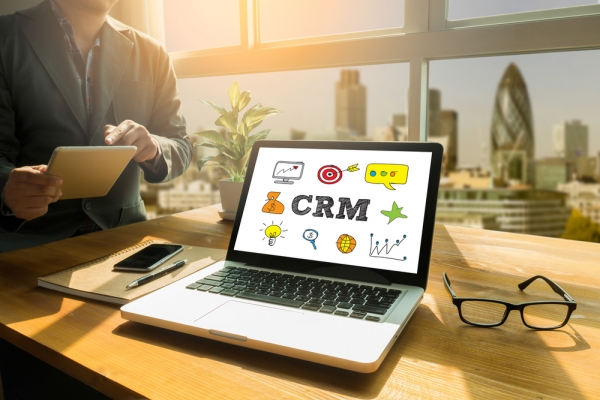
App Development
Of course, We can
help you with app development! Developing an app involves several stages, from
planning and design to development, testing, and deployment. Here's a general
overview of the process:
1. Idea and
Conceptualization:
Start by identifying the problem
your app will solve or the need it will address. Define your target audience,
and outline the core features and functionality of your app.
2. Market
Research:
Research existing apps in
your chosen category to understand the competition and identify opportunities
for differentiation. This will help you refine your app's concept.
3. Wireframing
and Design:
Create wireframes or
mockups of your app's user interface (UI). This stage helps visualize the
layout, navigation, and user interactions. Design the app's UI/UX to be
user-friendly and intuitive.
4. Development:
Choose the appropriate
technology stack for your app (programming languages, frameworks, databases,
etc.). Start coding the app's features according to the design and
functionality specifications. Break down the development process into smaller
tasks for better management.
5. Testing:
Thoroughly test your app
to identify and fix any bugs, glitches, or issues. Perform functional testing,
usability testing, and compatibility testing on different devices and operating
systems.
6. Refinement:
Based on testing feedback, refine your app's
features, performance, and user experience. Iteratively improve the app to
ensure it meets the highest quality standards.
7. Beta Testing:
Release a beta version of
your app to a limited audience for real-world testing. Collect feedback from
beta testers to make final adjustments before the official launch.
8. Deployment:
Prepare your app for
deployment to app stores (e.g., Apple App Store, Google Play Store). Follow the
guidelines and requirements of each platform, and submit your app for review.
9. Launch:
Once your app is
approved, it will be published on the app stores and available for download by
users. Plan a marketing strategy to promote your app and attract users.
10. Post-launch
Support and Updates:
Monitor your app's
performance, gather user feedback, and address any issues that arise. Regularly
release updates with new features, bug fixes, and improvements to keep your app
relevant and engaging.
Remember that app development is a dynamic and ongoing process.
Staying up-to-date with industry trends and continuously improving your app
based on user feedback is essential for long-term success.
If you have specific questions about any of these stages or need
assistance with certain aspects of app development, feel free to ask!


.png)
.jpeg)


















